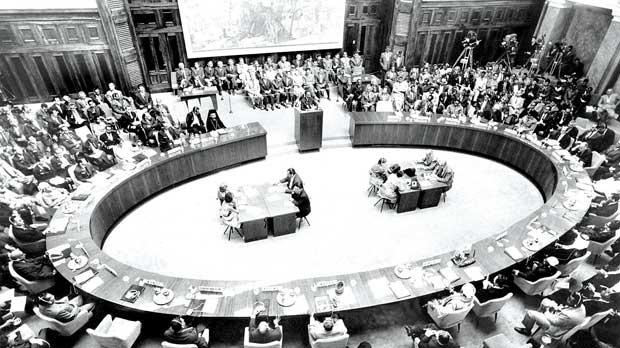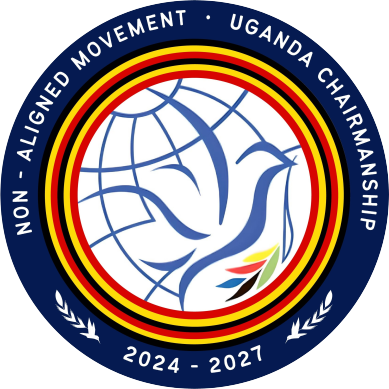All You Need To Know About the Non-Aligned Movement Ahead of NAM Summit in Uganda
In a noteworthy turn of events, Uganda is gearing up to lead the Global South Association, a coalition representing 120 nations, from January 2024 to 2026. This comes on the heels of Uganda’s highly anticipated hosting of the Non-Aligned Movement (NAM) Summit in Kampala in January 2024, further solidifying the country’s emergence as a key player on the global stage.
President Yoweri Museveni is poised to succeed Azerbaijan’s President Ilham Aliyev, steering the second-largest coalition of nations globally, eclipsed only by the United Nations. The Non-Aligned Movement, rooted in the complex geopolitical landscape of the Cold War in 1961, has grown into a diverse assembly of 120 countries, spanning Africa, Asia, Latin America, the Caribbean, and Europe.
A Historical Journey of Neutrality and Independence
The Non-Aligned Movement traces its roots back to the Bandung Conference of 1955 in Indonesia, a pivotal gathering where leaders from 29 Asian and African nations sought autonomy amid escalating Cold War tensions. The movement officially took shape in 1961 during the Belgrade Summit, with visionaries like Jawaharlal Nehru, Gamal Abdel Nasser, and Sukarno laying the foundation for an alliance that would champion peace, security, and cooperation free from the constraints of major power blocs.

Throughout the Cold War, the NAM played a crucial role, offering an alternative for nations unwilling to align with the Western or Eastern bloc. Emphasizing peaceful coexistence and non-interference, the movement bridged the gap between the First and Third Worlds. Significant milestones, such as the Algiers Summit of 1973, underscored the NAM’s effectiveness in mediating conflicts and promoting diplomatic solutions.
Uganda’s Diplomatic Stand
The upcoming NAM Summit in Kampala holds particular significance for Uganda, marking one of the most substantial global engagements since hosting the Commonwealth Heads of Government Meeting in 2007. President Museveni attributes Uganda’s selection as the host nation to its steadfast commitment to neutrality on international issues. This commitment was vividly demonstrated during the recent vote on Russia’s invasion of Ukraine at the 11th Emergency Session of the UN General Assembly.
In a crucial moment where 141 member states supported a resolution for “comprehensive, just and lasting peace in Ukraine,” Uganda’s stance of abstention resonated with its dedication to impartiality. President Museveni’s principled leadership showcased Uganda as a diplomatic force to be reckoned with on the global stage.
Global Leadership Beyond NAM
As Uganda assumes the chairmanship of the Global South Association, the nation is positioned to play a pivotal role in shaping the discourse on key global issues. The NAM Summit and the subsequent G77 + China conference offer platforms for dialogue, collaboration, and the advancement of common interests among nations from diverse regions.
President Museveni’s leadership during these critical events not only cements Uganda’s diplomatic standing but also underscores the nation’s commitment to fostering a world where nations can pursue their destinies without alignment with major powers. In the coming years, Uganda will navigate the intricacies of the Global South Association, contributing meaningfully to international diplomacy.
Beyond politics, these events provide Uganda with an unprecedented opportunity to showcase its economic potential, cultural richness, and commitment to sustainable development. Hosting such gatherings reflects Uganda’s ability to command respect and trust on the global stage.
In conclusion, as Uganda readies itself for the responsibility of hosting the NAM Summit and assuming the chairmanship of the Global South Association, the nation stands at the crossroads of diplomatic prominence. President Museveni’s leadership not only solidifies Uganda’s role in global affairs but also positions the country as a standard-bearer for the principles of neutrality, independence, and cooperation. The coming years promise to be a defining period for Uganda on the international stage, contributing meaningfully to shaping the future of global diplomacy.

